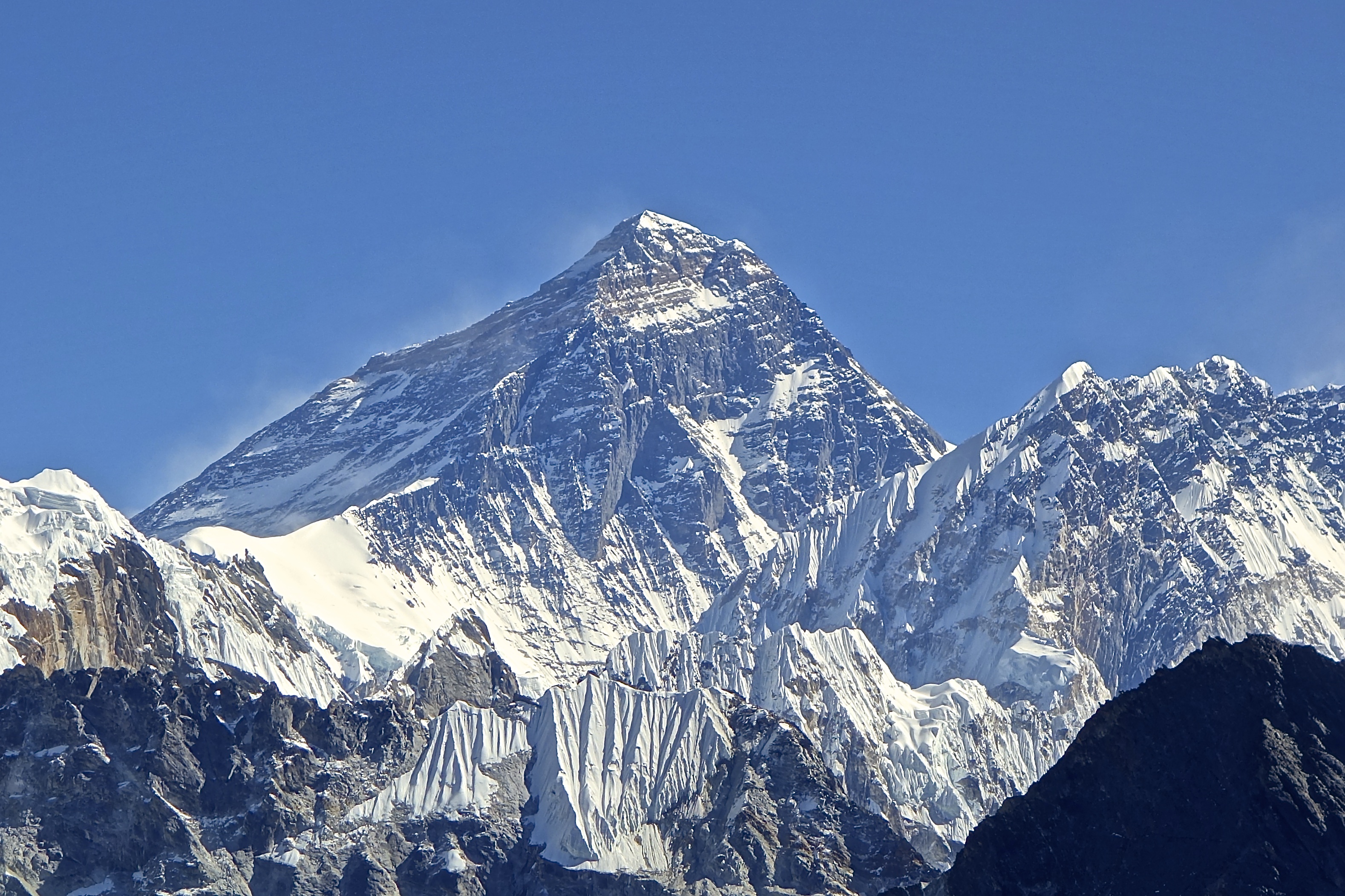The poet Yehuda
Amichai imagined what it would be like to go through the Bible and censor the
parts that are distasteful or painful.
To explore this concept he wrote the
following poem:
From the Book
of Esther I removed the sediment
of vulgar joy,
and from the Book of Jeremiah
the howl of
pain in the guts. And from
the Song of
Songs, the endless
search for
love. And from the Book of Genesis,
the dreams and
Cain. And from Ecclesiastes,
the despair,
and from the Book of Job: Job.
And with what
was left, I pasted myself a new Bible.
Now I live
censored and pasted and limited and in peace.
A woman asked
me last night on the dark street
how another
woman was
who’d already
died. Before her time – and not
in anyone
else’s time either.
Out of a great
weariness I answered:
Shloma tov,
shloma tov
She’s fine, she’s
fine.
The fantasy of
living a censored life, adhering to a censored Judaism, pledging allegiance to
a censored Israel certainly has its appeal.
To the
question, how are we doing, on all fronts, we can say, “fine, fine” thank you
for asking.
But I wonder – and I guess this may well be Amichai’s point – what is the cost of all of the censorship that we inflict on our lives, our religion and our land?
But I wonder – and I guess this may well be Amichai’s point – what is the cost of all of the censorship that we inflict on our lives, our religion and our land?
